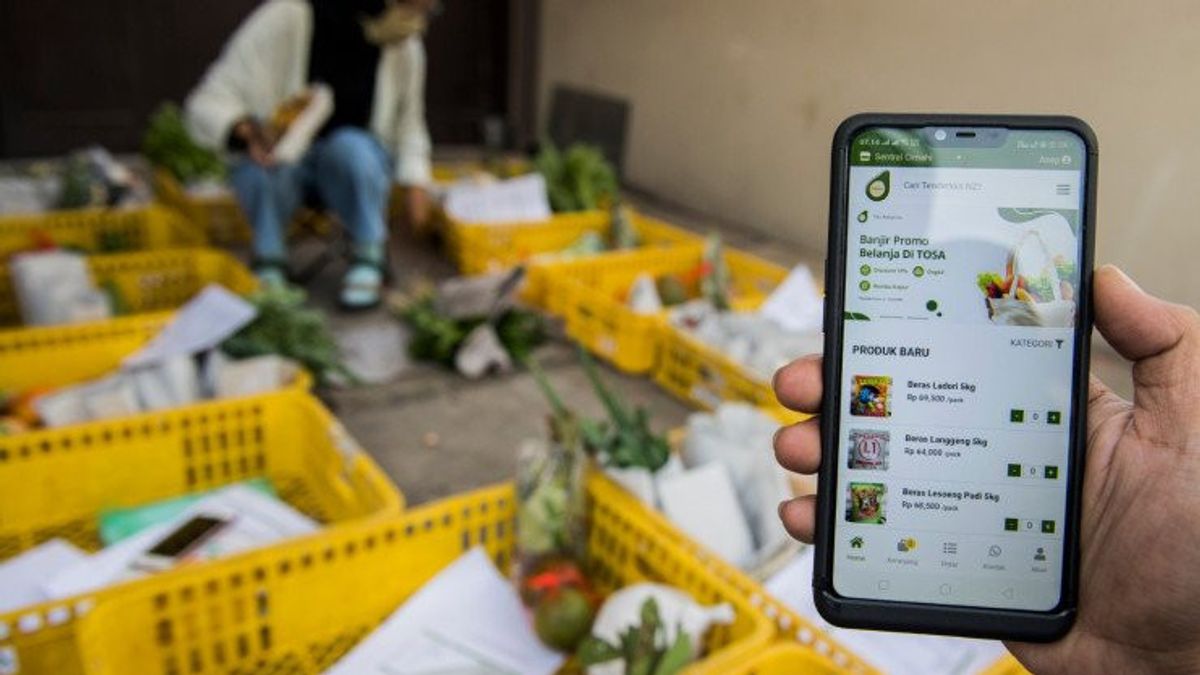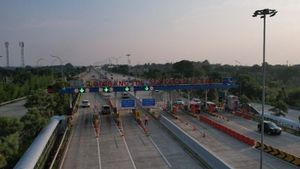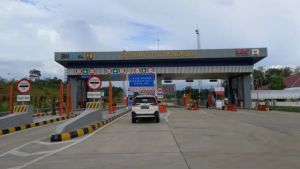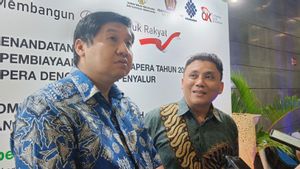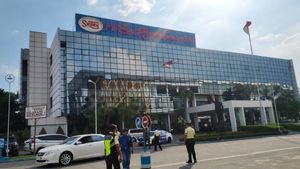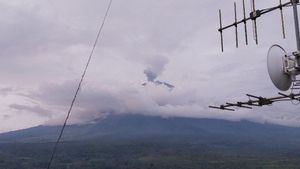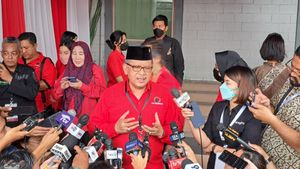JAKARTA - Restrictions on people's activities have caused shopping habits to turn into ordering through applications or e-commerce. However, some time ago, former RI President Megawati said that the majority of goods on digital e-commerce platforms were imported. The economist also suggested SOE Minister Erick Thohir to form an aggregator to help MSMEs compete on digital platforms.
Director of the Center of Economic and Law Studies (Celios) Bhima Yudhistira said that the portion of micro, small and medium enterprises (MSMEs) was still very small, around 16 percent entering digital platforms. This means that the products offered are still very few.
Therefore, said Bhima, there needs to be support from digital platforms and also the government in the form of regulations. For example, limiting a maximum of 30 percent of imported goods in e-commerce as is the case in modern retail.
"I suggest that in addition to restrictions on imported goods, BUMN should also act as an aggregator. So the function of this aggregator is to collect goods from MSMEs spread from various regions in one place. Then the BUMN cooperates with the e-commerce platform so that there is quality control," he said when contacted by VOI, Wednesday, June 30.
The presence of this aggregator, continued Bhima, will provide logistical certainty. Moreover, so far the problem with MSMEs entering the digital market or e-commerce is the difficulty of accessing the internet.
"Then standardize the product. So the first delivery product is good, the third shipment starts to decline in quality. So there needs to be quality control that can act like an aggregator. So this aggregator is in BUMN, which is connecting SMEs with e-commerce platforms," he said.
According to Bhima, this might be one of the breakthroughs made by the government in helping more and more MSMEs enter the digital market.
"From there, there will be special subsidies for MSME entrepreneurs. So that the portion of their products is even more in e-commerce," he explained.
According to Bhima, Indonesia has tremendous potential in this digital market sector. Therefore, he considered it very unfortunate if MSMEs only became spectators in their own country.
"During the pandemic, the growth of e-commerce was very fast. Indonesia's share of e-commerce spending to GDP was 5.3 percent. That's one of the highest shares of e-commerce spending to GDP. loss. We should also control the production side of the goods sold, "he said.
The English, Chinese, Japanese, Arabic, and French versions are automatically generated by the AI. So there may still be inaccuracies in translating, please always see Indonesian as our main language. (system supported by DigitalSiber.id)
